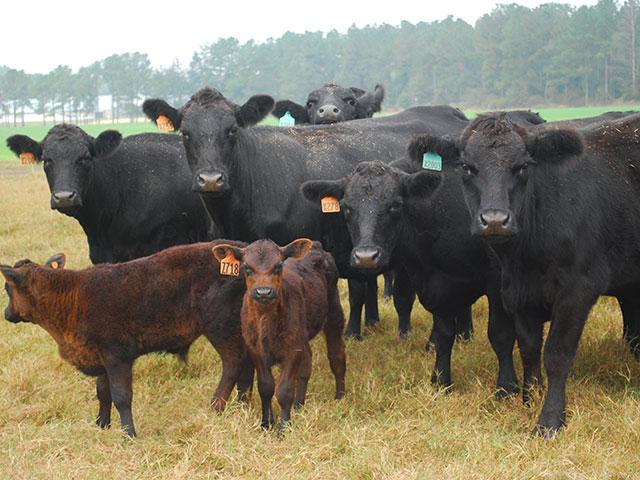BQA Expansion
Certifications for Key Sectors of America's Beef Business
The precursor to Beef Quality Assurance (BQA) started in the late 1970s with the feedlot sector when quality control programs were introduced to ensure food safety. But the idea really took off in the early 1990s when states began to fund these educational programs with beef check-off money.
Today, the goal of the National Cattleman's Beef Association (NCBA)-led, science-based voluntary certification program is exactly what it says -- to ensure a quality product ends up on the plates of consumers. It's a program that has expanded to cover a gamut of livestock-related areas, including things like transportation and even youth educational programs. Online modules are available in Spanish today, broadening the availability of resources throughout the U.S. beef industry. BQA programs available today include the following:
P[L1] D[0x0] M[300x250] OOP[F] ADUNIT[] T[]
STATE BQA PRODUCER PROGRAMS. You can become BQA certified by attending an in-person or online session. If you choose an in-person program, you'll probably see familiar faces because state BQA programs are locally led and administered through organizations like your state beef council, land grant university, or state cattle association. The course, which usually takes two to four hours, will link you with livestock production specialists, veterinarians, nutritionists, marketers, and food purveyors with the goal of helping you produce safe, quality beef.
BQA TRANSPORTATION. Originally developed for commercial livestock haulers, producers can benefit from this program, too. Both professional and producer versions cover safe loading and unloading practices, red flags for temperature extremes, and allowable weights and trailer safety from small bumper pull trailers to semis. The goal is to reduce stress-related illness in calves, prevent bruising, and improve meat quality from animals being hauled.
STOCKMANSHIP AND STEWARDSHIP. This two-day, in-person course is held across the country and is taught by cattleman Curt Pate, rancher Dean Fish and Texas Extension beef specialist Ron Gill. They cover and demonstrate low-stress cattle handling techniques on foot and horseback, as well as facility design, chute side planning, loading cattle trailers and working with cattle dogs.
DAIRY BQA. Last year, the dairy sector contributed 5.6 billion pounds, or 21%, of beef to the U.S. commercial beef supply, and an estimated 2 million beef-on-dairy calves are being fed for U.S. commercial beef production. The national dairy Farmers Assuring Responsible Management (FARM) program works in tandem with BQA and includes animal care, environmental stewardship, antibiotic stewardship, workforce development and biosecurity, and helps dairy producers manage their cows to produce quality milk and quality beef. FARM is recognized as equivalent to BQA certification in the dairy industry.
CALF CARE. This is a new program for the calf-raising sector of the beef and dairy industries and is a collaboration between BQA, FARM, Veal Quality Assurance and the Dairy Calf & Heifer Association. The goal is to ensure optimal calf health and welfare.
YOUTH FOR THE QUALITY CARE OF ANIMALS. This is a multi-species program for junior livestock participants. They can get training on food safety and animal care for their beef steer, dairy heifer, swine, poultry or sheep project. It is available online or in person.
For more information:
Online Certification: www.bqa.org
(c) Copyright 2021 DTN, LLC. All rights reserved.






